Newsletter Signup x
Newsletter Signup x
Brain and other central nervous system tumours are by far the greatest cancer-related cause of death in children in the UK but we’re working with brilliant people every day using research to improve lives.
On average, every month over 30 children* (the size of a classroom in the UK), are diagnosed with a brain tumour which will have a life-changing impact on them and their family. Just over half of the children who do survive will have neurological disabilities for the rest of their lives because surgery and treatments, such as chemotherapy, lack specificity and therefore can destroy healthy cells leading to permanently damaging side effects.
But there is hope with your help.
This March we are recognising Brain Tumour Awareness Month, drawing attention to how this impacts children and their families but also the work we do every day to find kinder, more effective treatments.
That is why our research includes projects looking into targeted treatment options for a child’s specific cancer.
*Statistic calculated based on figures provided by Cancer Research UK
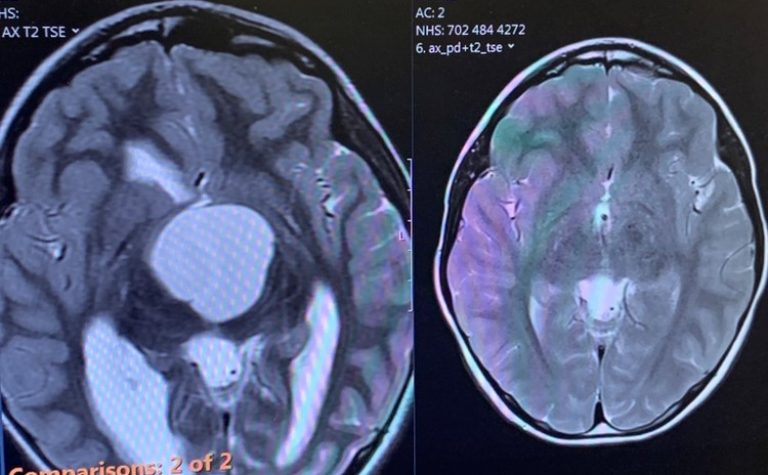
Learn more about what type of cancers brain and CNS tumours are from GP and Children with Cancer UK Ambassador, Dr Mohammed Abbas Khaki.
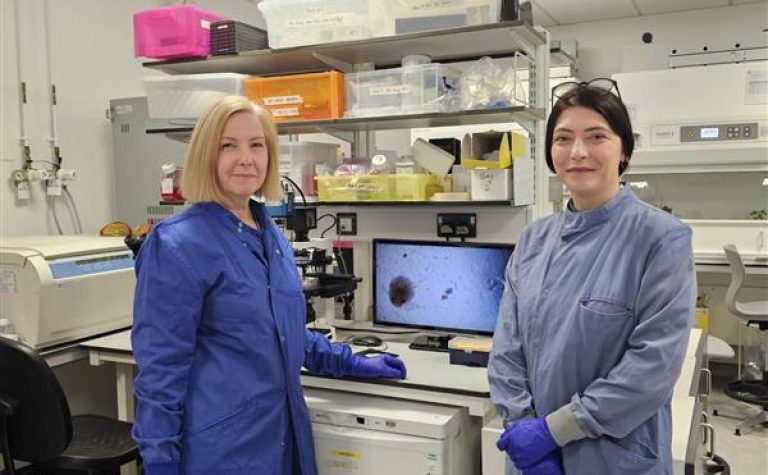
Building better models of brain tumours to advance patient treatment
This project focuses on investigating the interaction between tumour cells and their environment which will provide understanding into how a tumour develops and grows and will help in identifying cellular pathways that can be targeted by therapies without damaging healthy tissue.
Read more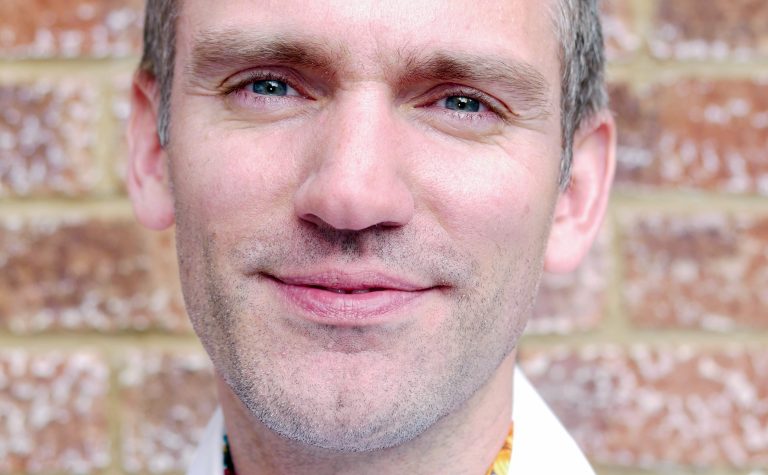
Better surgical navigation for the removal of brain tumours in children
This project focuses on improving the imaging available to support neurosurgeons when they’re removing a brain tumour, so that they have more information to make key decisions. Improved imaging is helpful in supporting more effective surgery.
Read more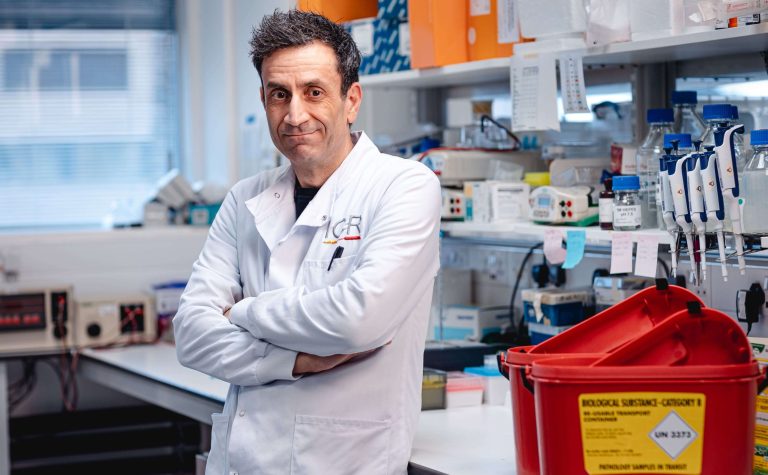
Cholesterol inhibitors for diffuse midline glioma
Professor Chris Jones' project focussed on making improvements for those diagnoses with Diffuse Midline Glioma (DMG) is funded by Children with Cancer UK. Professor Jones runs a lab focused on developing new treatments for these tumours at the The Institute of Cancer Research.
Read moreIn 2019, Leighton was diagnosed with a large cell anaplastic medulloblastoma when he was just six years old. He underwent emergency surgery to release pressure on his brain, requiring a further operation two days later to remove the tumour. His surgery left him unable to walk or talk which meant he had to spend five months on the neurology ward at Leeds General Infirmary, re-learning these abilities. Leighton then endured aggressive treatment, undergoing thirty rounds of radiotherapy and four rounds of chemotherapy to stabilise his condition.
In 2024, Leighton was given the all clear and celebrated being cancer free for five years.

Get involved this March to spread awareness of brain tumours in children and young people, and the urgent need for more research.
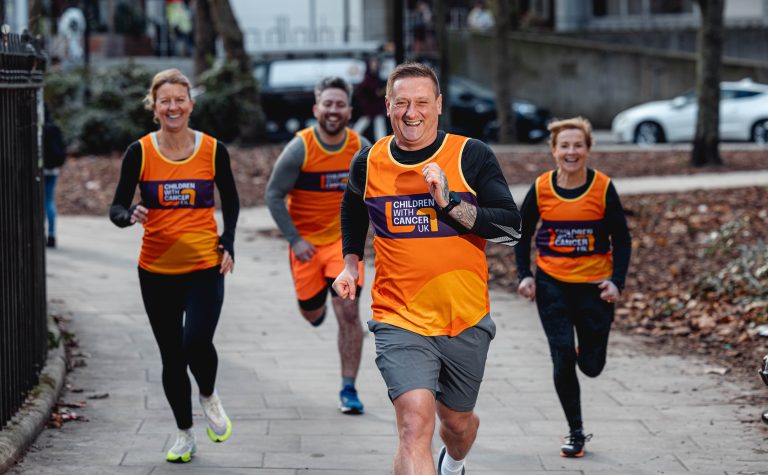
Find your next challenge and get your training off the ground this Brain Tumour Awareness Month...
Find my challenge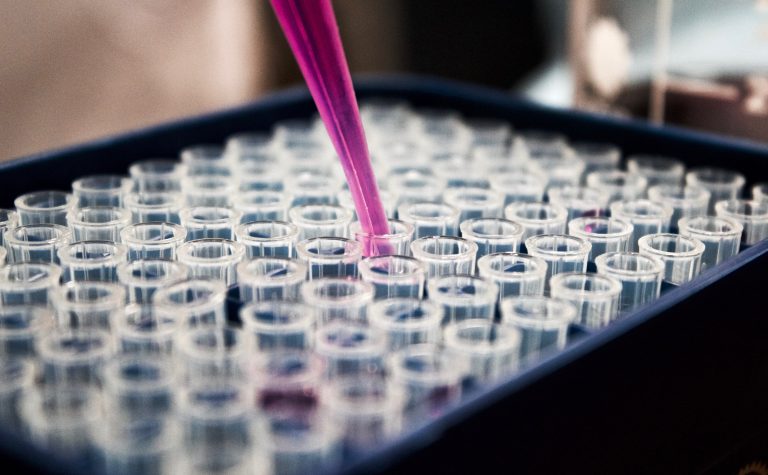
Brain tumours in children arise from different types of cells in the brain.
Find out how you can help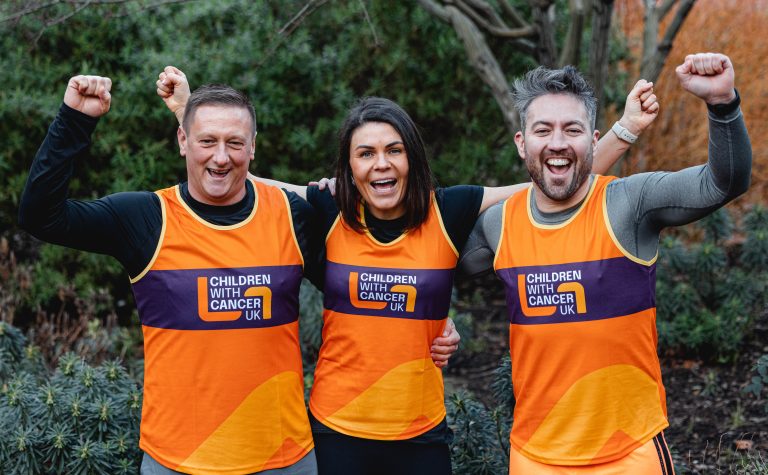
Make a difference this Brain Tumour Awareness Month by fundraising for Children with Cancer UK...
Find out more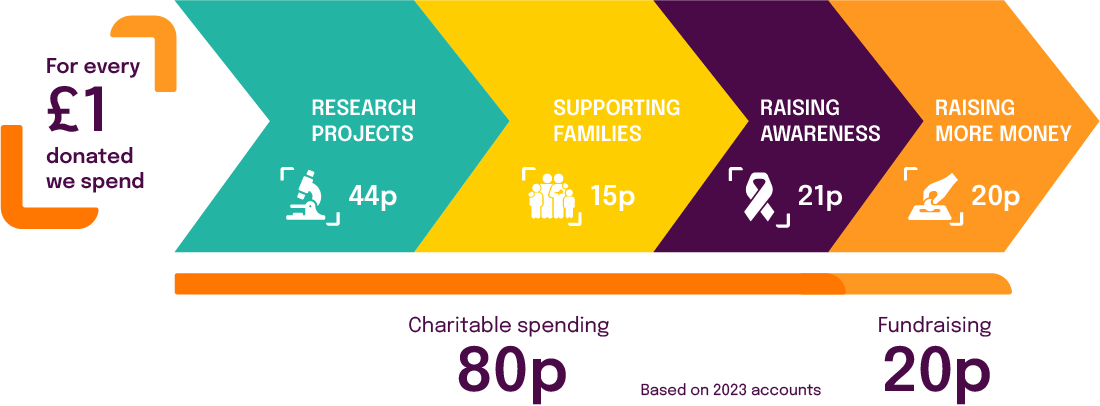

We're here to help so please don't hesitate in contacting us:
info@childrenwithcancer.org.uk | 0800 222 9000 |